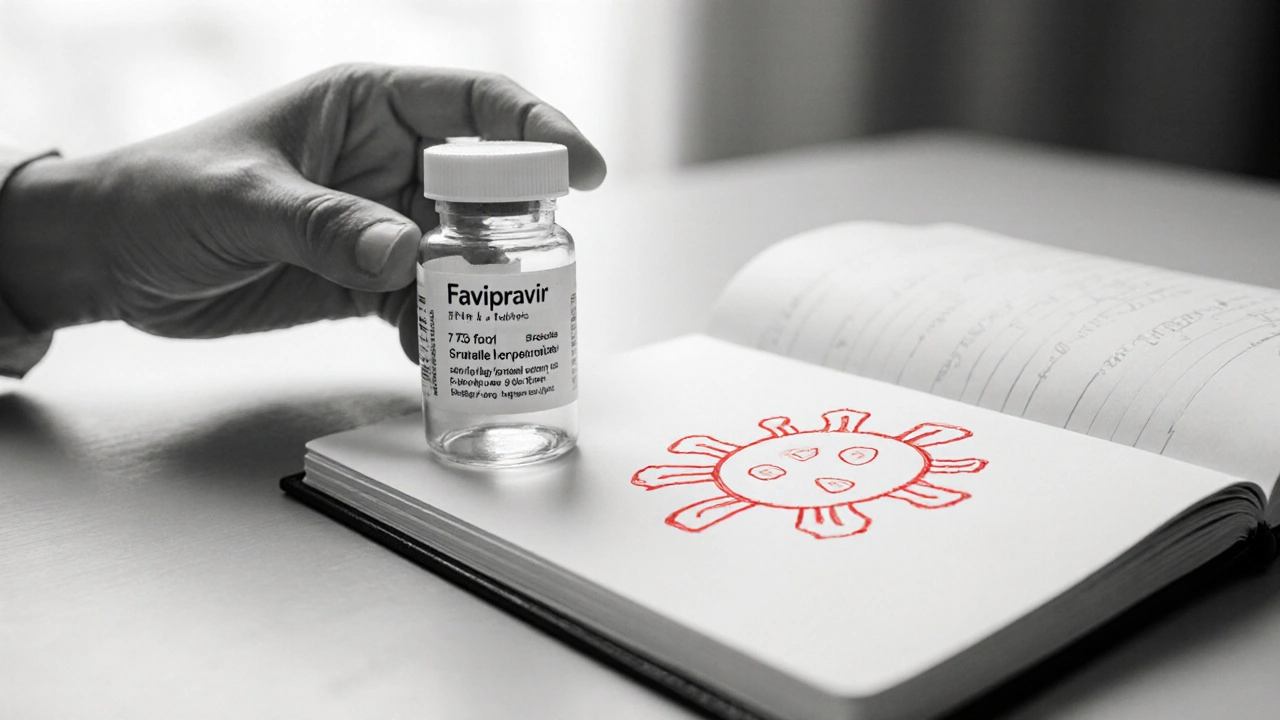COVID-19 Treatment: What Works, What Doesn't, and What You Need to Know
When it comes to COVID-19 treatment, medical interventions designed to reduce severity, speed recovery, or prevent hospitalization in people infected with the SARS-CoV-2 virus. Also known as coronavirus therapy, it’s not one-size-fits-all—what helps one person might do nothing for another. The goal isn’t to cure the virus overnight, but to stop it from turning into something serious. That means targeting the infection early, managing symptoms, and protecting people at highest risk.
Two main types of treatments have proven useful: antiviral drugs, medications that block the virus from copying itself inside your cells and monoclonal antibodies, lab-made proteins that help your immune system recognize and attack the virus. The most talked-about antiviral is Paxlovid, a combo pill taken at home within five days of symptoms. It cuts hospitalization risk by nearly 90% in high-risk adults. But it’s not for everyone—drug interactions can be dangerous, especially if you’re on blood thinners or cholesterol meds. Then there’s remdesivir, an IV drug given in clinics or hospitals, mostly for people who are sick enough to need oxygen. It’s slower to work than Paxlovid but still helps prevent things from getting worse.
Monoclonal antibodies used to be a big deal, but most older versions stopped working as the virus changed. New ones are being developed, but access is limited and they’re not a backup plan for the unvaccinated. Don’t waste time on ivermectin, hydroxychloroquine, or colloidal silver—none of these have shown real benefit in large, trusted studies. And antibiotics? They don’t work on viruses. If your doctor prescribes them, ask why.
Who needs treatment? People over 65, those with diabetes, heart disease, obesity, or weakened immune systems. If you’re young and healthy, your body usually handles it fine. But if you’re in a high-risk group and test positive, don’t wait. Call your doctor right away. Time matters—treatments work best when started early.
There’s no magic bullet, but the tools we have now are far better than what we had in 2020. You don’t need to guess what works. The science is clear. What’s missing is often action—getting tested fast, knowing your risk level, and talking to a professional before symptoms get worse.
Below, you’ll find real comparisons of medications, practical advice on when to act, and honest takes on what’s overhyped versus what actually saves lives. No marketing. No fear. Just what you need to know to make smart choices.
The Science Behind Baricitinib and Its Impact on Inflammation
Explore how Baricitinib works at the molecular level, its role in treating rheumatoid arthritis and COVID‑19, safety considerations, and how it compares to other JAK inhibitors.
Favipiravir Patient Stories: Successes, Side Effects & Real‑World Challenges
Real patient stories reveal how Favipiravir helped COVID‑19 recovery, common side effects, and practical tips for safe use.

